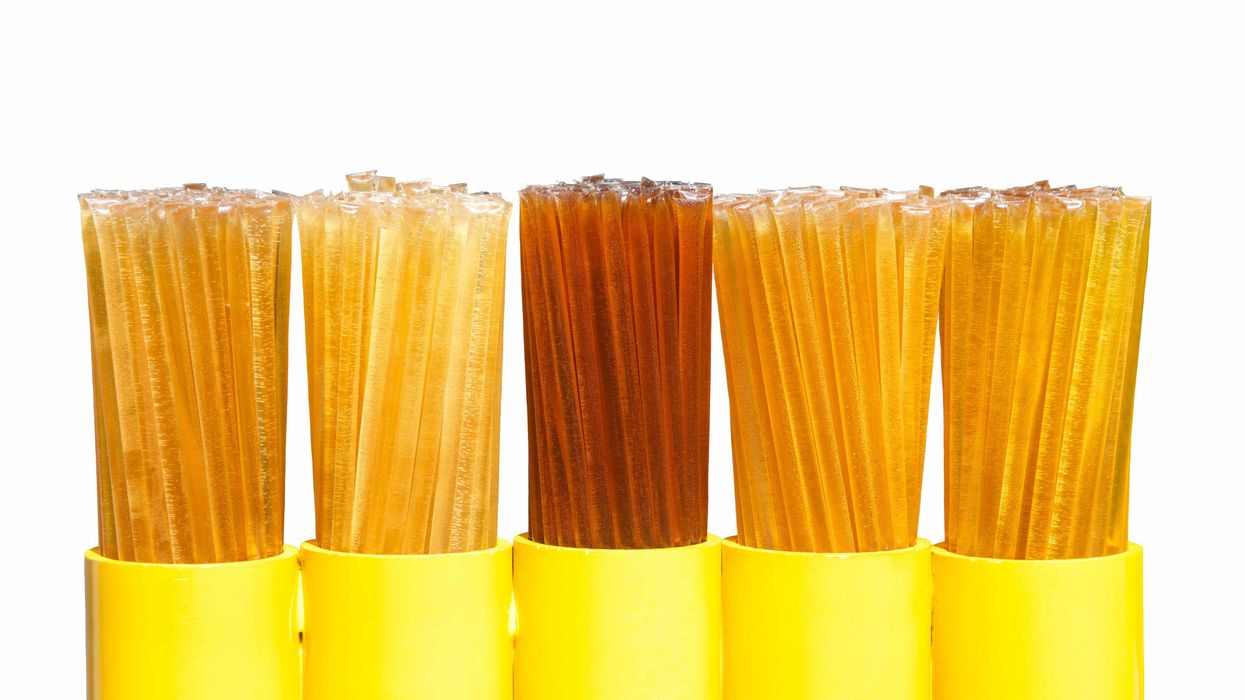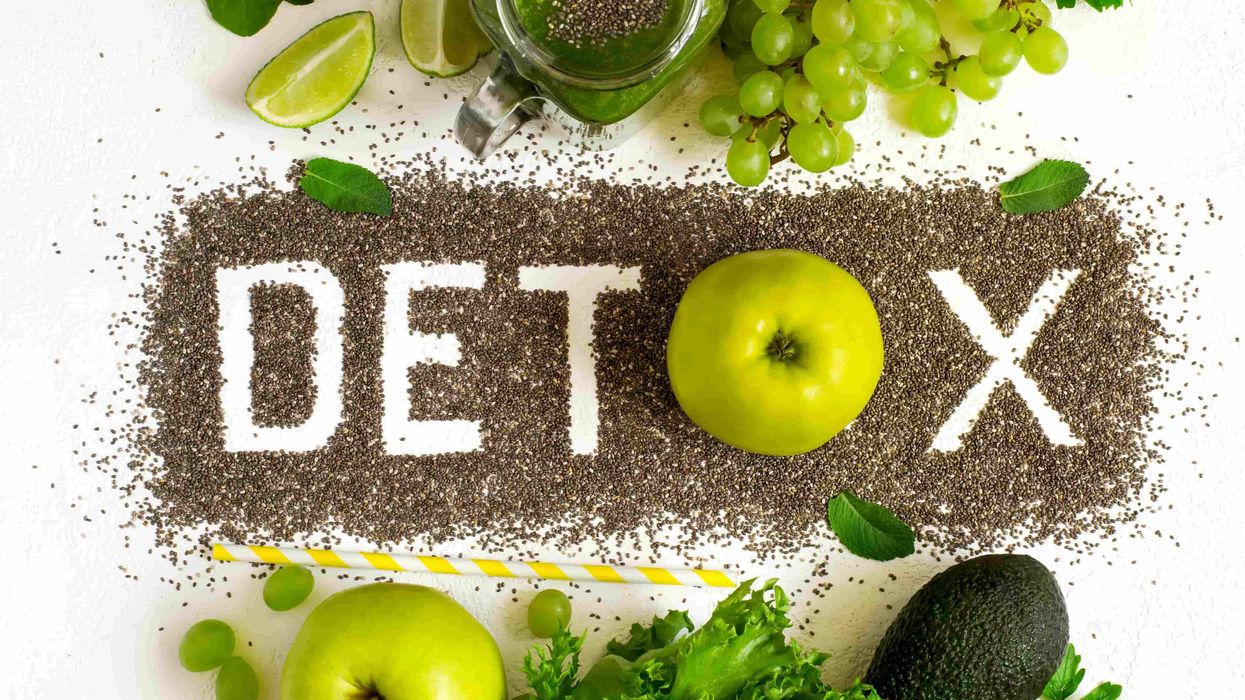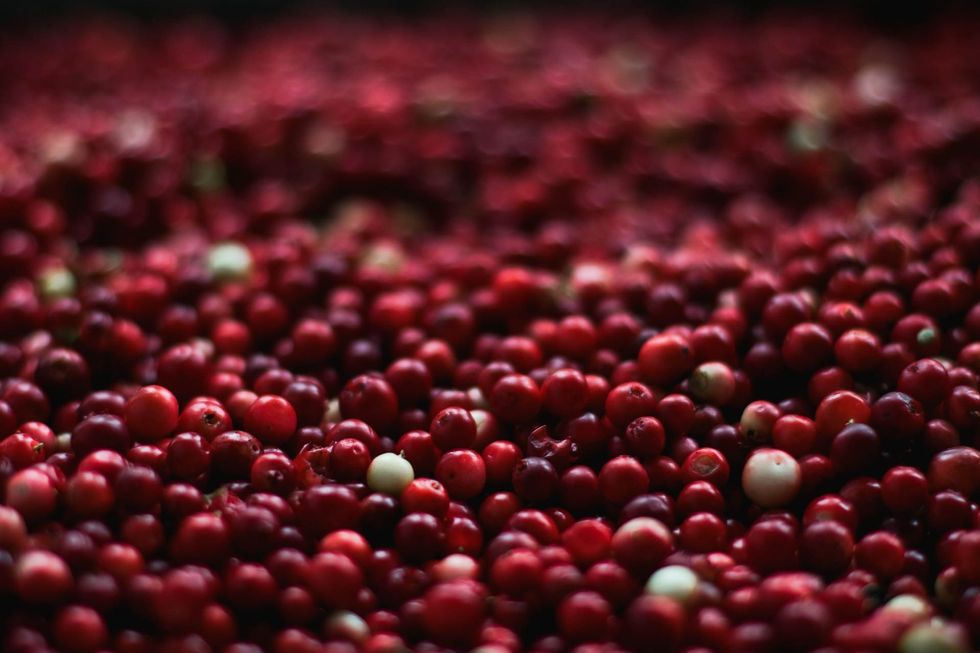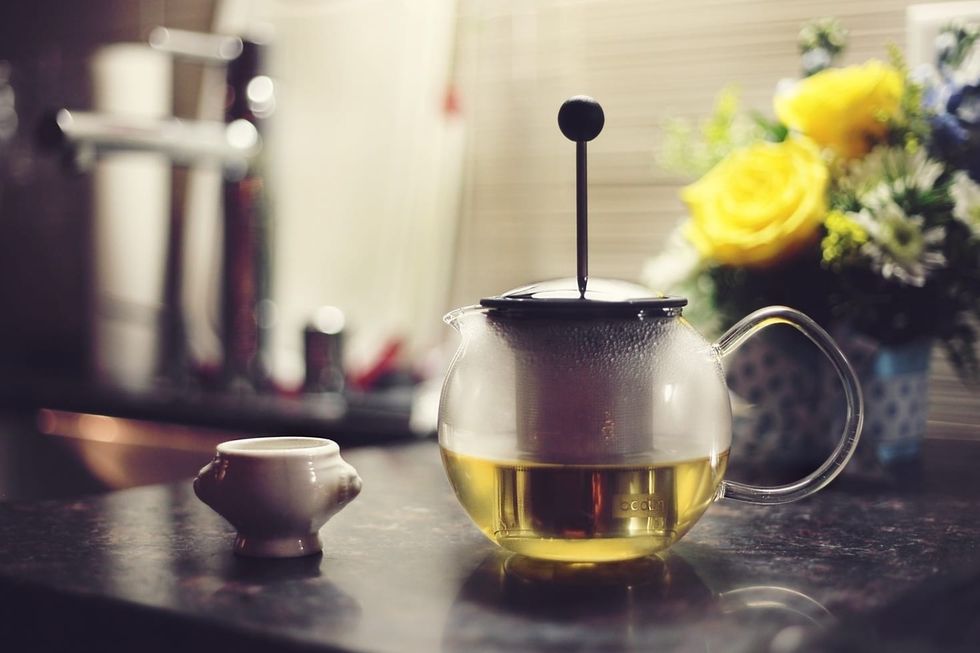Sophie Ryan was diagnosed with a brain tumor in 2013 when she wasn’t even 9 months old – a terrifying discovery her parents Tracy and Josh Ryan were hit with when they took her to a series of doctors appointments after her left eye began shaking.
Today, she is one of the most widely recognized children in the cannabis community, as her revolutionary experience with medical cannabis not only improved the entire trajectory of her life, but inspired a global advocacy for children in need of access to the healing plant.
Sophie’s Story: From Tumor Diagnosis to Cannabis-Fueled Recovery
When Sophie was first diagnosed with a low-grade brain tumor, the Ryans dedicated their lives to finding a way to help her fight the cancer while mitigating the toxic effects of chemotherapy. The drugs used in chemotherapy are known for having unwanted effects on your body, which can lead to poisonous and irreversible harm.
They were presented with cannabis as an option but completely dismissed it due to the stigma surrounding it at the time, which they felt might present a danger to their daughter. However, their minds were changed when talk show host and actress Ricki Lake and her documentary film partner Abby Epstein reached out to them via social media.
Lake and Epstein wanted to bring the Ryans and their daughter Sophie into a project they were working on at the time: Netflix’s Weed the People, which tells the story of the powerful and positive effect medical cannabis has had on a variety of families and their suffering children.
After being featured in the film and experiencing firsthand how cannabis helped their daughter, the Ryans launched CannaKids, a medical tincture company that operated for eight years and provided California patients of all ages with safe and reliable access to plant therapy, while also guiding thousands around the world on how to use the plant effectively.
How Cannabis Might Have a Powerful Effect Against Tumor Growth
Although medical cannabis had a powerfully positive effect on Sophie’s health, she was still battling her relentless tumor at age six – which is when her mother first met Dr. Anahid Jewett, a tumor immunologist perhaps best known for her contributions to the field of natural killer cells research.
Natural killer cells are a type of immune cell that contains enzymes capable of killing tumor cells or cells infected with a virus. Research on Sophie revealed the young girl had no natural killer cells in her brain, but from the neck down she had higher immune function than Dr. Jewett had seen in healthy patients in over 30 years. This led them to using a therapy that utilized her father’s natural killer cells, and it has had a profound effect on her recovery.
After seeing how unique Sophie's immune function was, Jewett decided to explore the world of cannabinoids and how they interact with the body’s cells. This led to her to introducing groundbreaking research to the medical community that proves cannabis’s ability to both inhibit growth and induce death of tumor cells in the body.
This coupled with her natural killer cell research has had a profound effect on the cancer research community, inspiring the pursuit of a completely new approach for how cancer is understood and treated.
“We have an incredible team of people whose work has been wildly successful, and they really see a huge opportunity to help patients in a significant way by working to fix what was wrong with their immune system in the first place, which is a broken natural killer cell system,” Ryan said.
“We’ve seen incredible value in these therapies. What is currently available in hospitals for cancer patients is toxic. Our research looks at fixing the core problem rather than simply targeting the disease with toxicity.”
The Ryans didn’t stop their interest in this revolutionary therapy with their daughter. As firsthand witnesses of how effectively this holistic, source-targeted approach has worked on several patients around the world, they decided to advocate for this research to be globally understood and implemented.
“We have been working diligently over the past two and a half years to not only conduct more research, but to compile all of this into an application we’ll soon be submitting to the FDA for approval on human trials here in the U.S.,” Ryan said.
The natural killer cell data and cannabis data combined will change the way the medical community approaches cancer and other severely ill patients, pivoting the perspective from one that targets the disease itself to one that focuses on nurturing the immune system and repairing the body holistically.
“We’ve proven in humanized mouse models that, not only does cannabis work to reignite and repair the natural killer cell system, but it actively kills cancer stem cells, which chemotherapy and radiation can’t even see,” Ryan said.
“These are the first findings of their kind in the entire world. We intend to create a synthetic molecule that ignites the endocannabinoid system just like a cannabis plant would, using that as a booster for natural killer cell therapy or as a standalone treatment. We haven’t begun R&D on this synthetic molecule yet, but we intend to take that through FDA approval and we are collaborating with a team to help us develop this new and groundbreaking method.”
Need a little more Bluntness in your life? Subscribe for our newsletter to stay in the loop.







 11 Signs You've Greened Out and How to Handle It - The Bluntness
Photo by
11 Signs You've Greened Out and How to Handle It - The Bluntness
Photo by 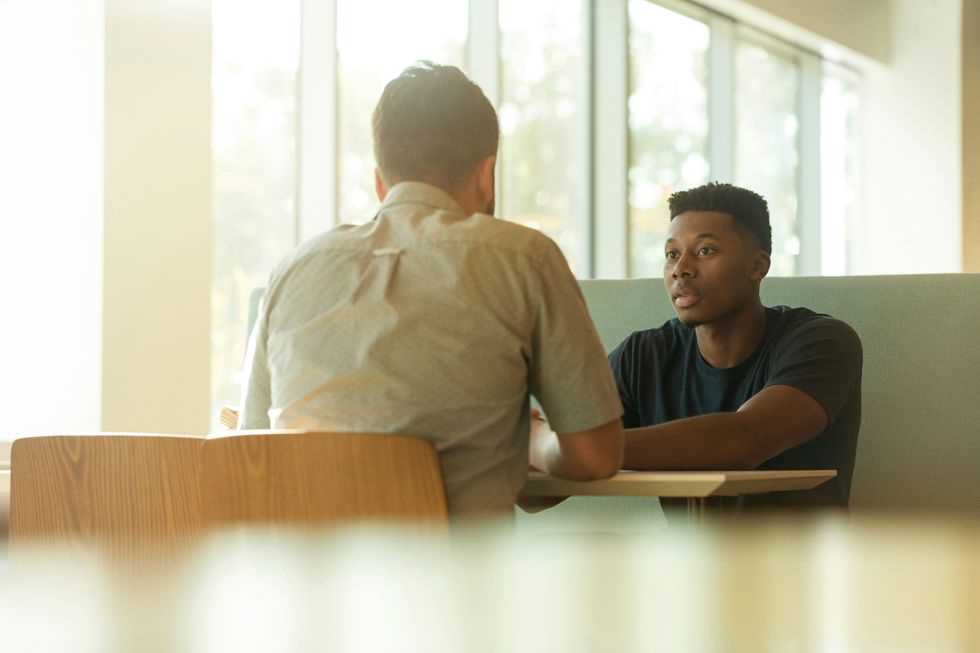 11 Signs You've Greened Out and How to Handle It - The Bluntness
Photo by
11 Signs You've Greened Out and How to Handle It - The Bluntness
Photo by 





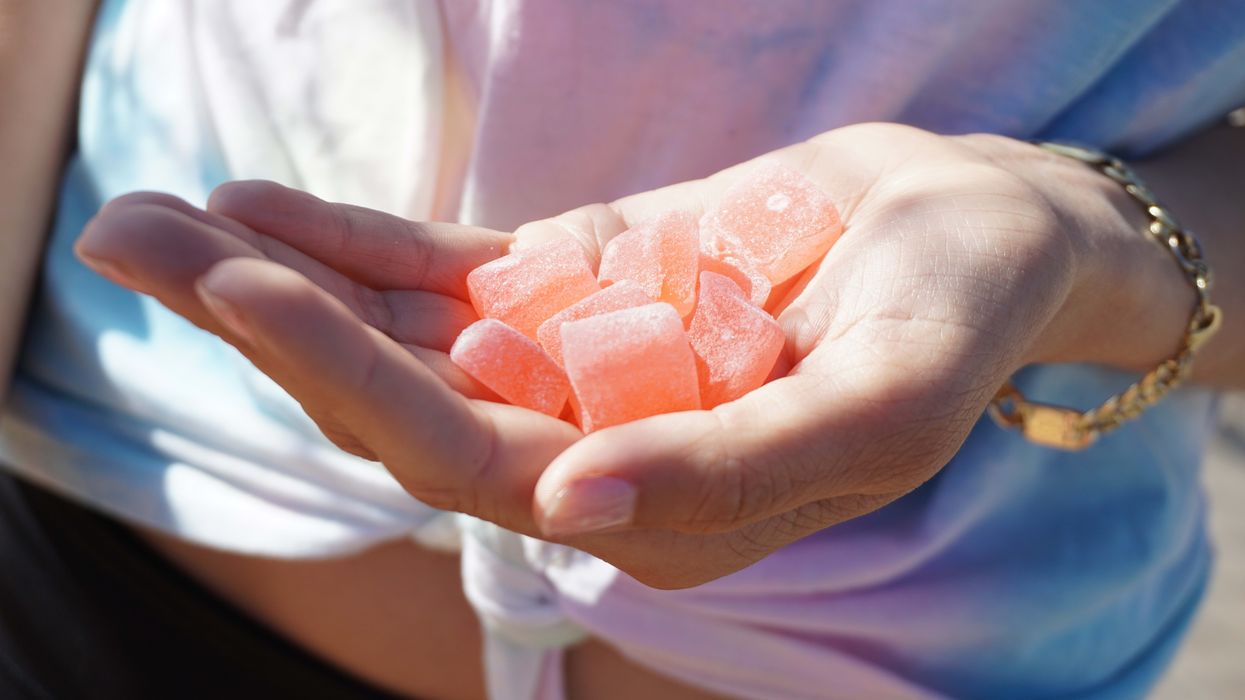
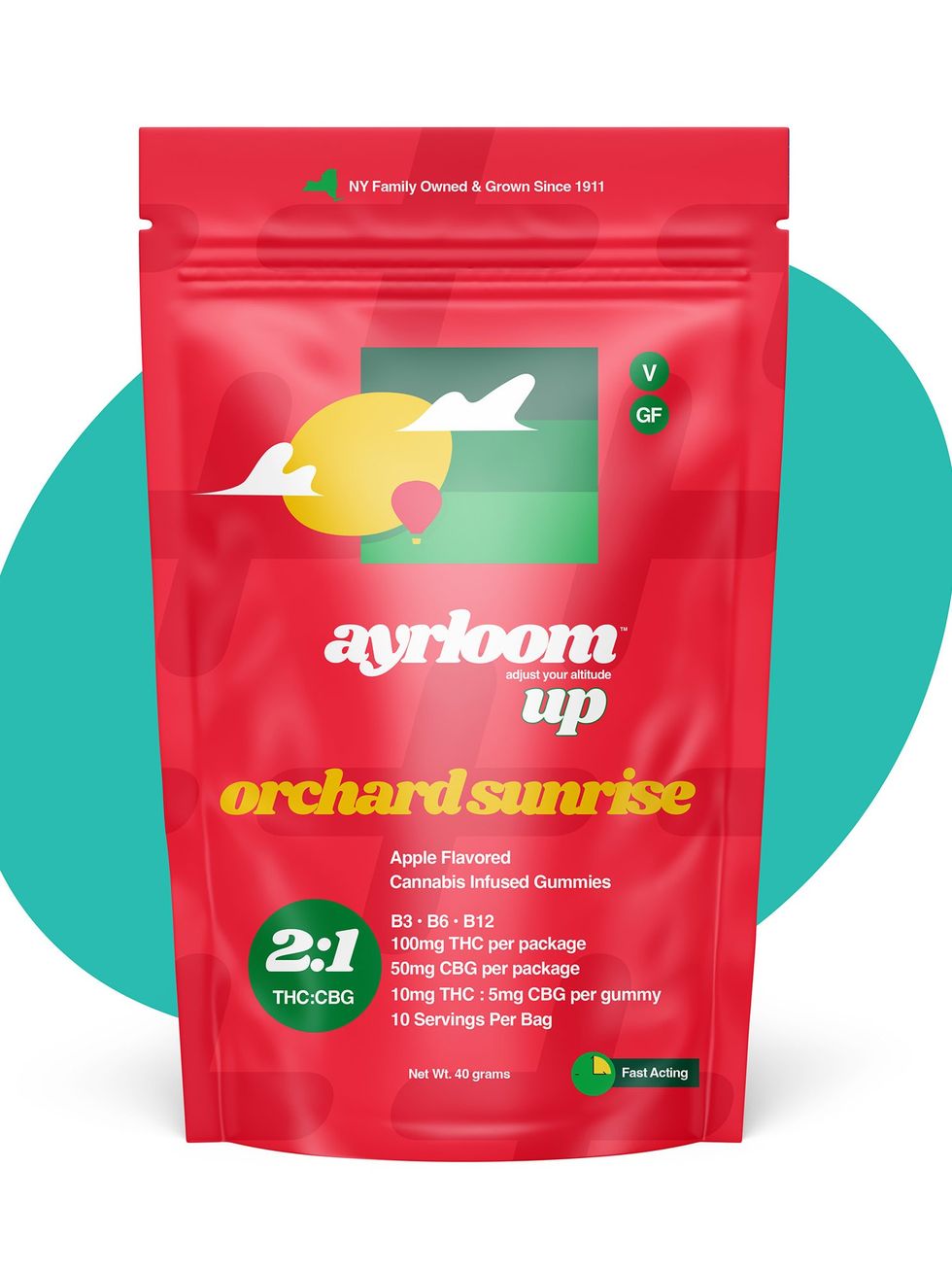 Ayrloom Orchard Sunrise Cannabis Infused Gummies
Ayrloom Orchard Sunrise Cannabis Infused Gummies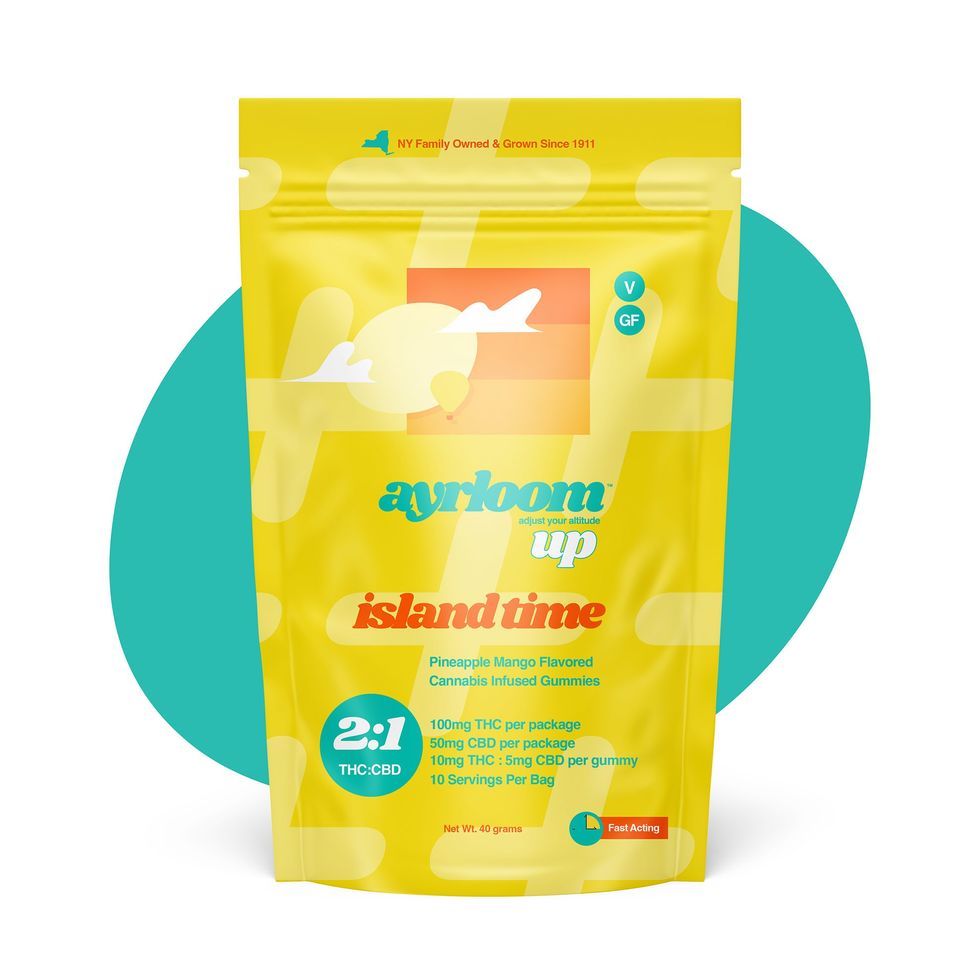 Ayrloom Island Time THC Gummies - Pineapple Mango Flavor
Ayrloom Island Time THC Gummies - Pineapple Mango Flavor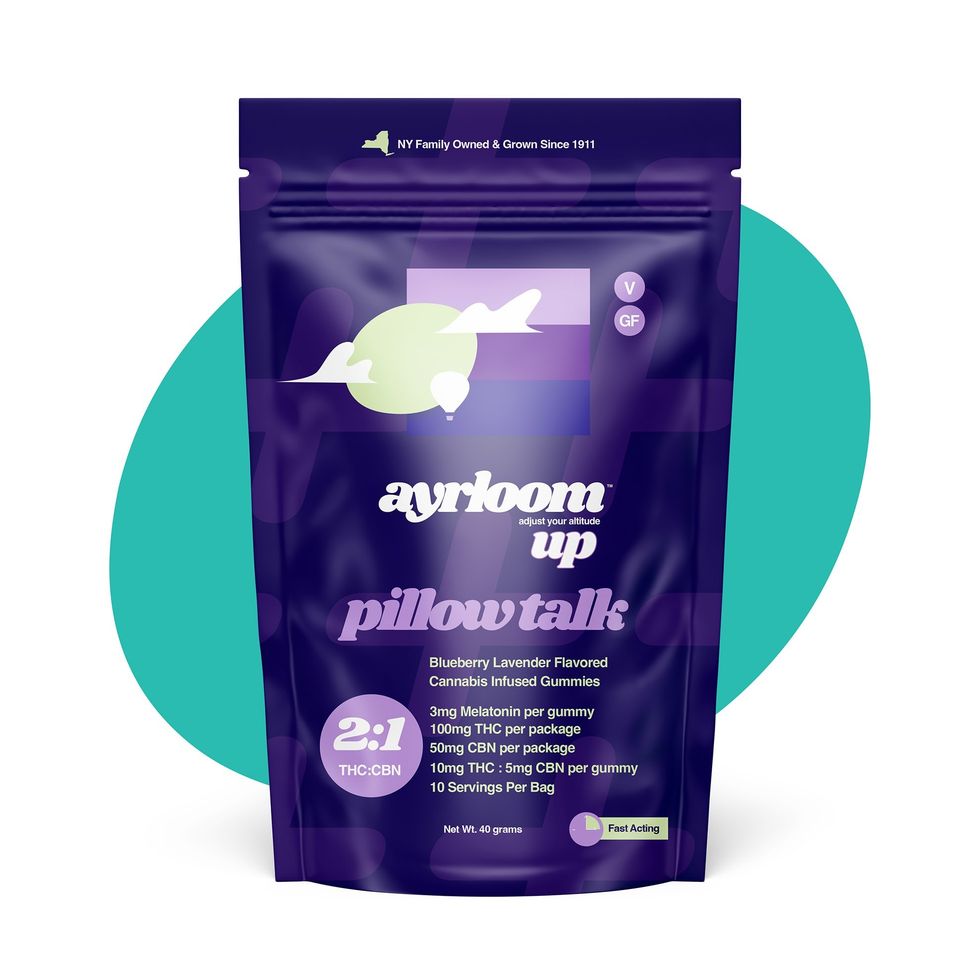 Ayrloom Pillow Talk - Sleep Gummies
Ayrloom Pillow Talk - Sleep Gummies 